‘Writing was my salvation’: InsideOUT Writers brings creative writing to juvenile halls, changes lives
A group laughs while having a discussion at an IOW Writing Circle. The members of the organization’s weekly writing circles include alumni of the program, teachers, board members and interested visitors. Image courtesy of IOW’s Facebook Page. Used with permission from Jimmy Wu.
Imagine being imprisoned and confined to a single room. Imagine living in an oppressive environment filled with violence and brutality. According to the ACLU, 60,000 children experience these circumstances on any given day in the United States in juvenile detention facilities.
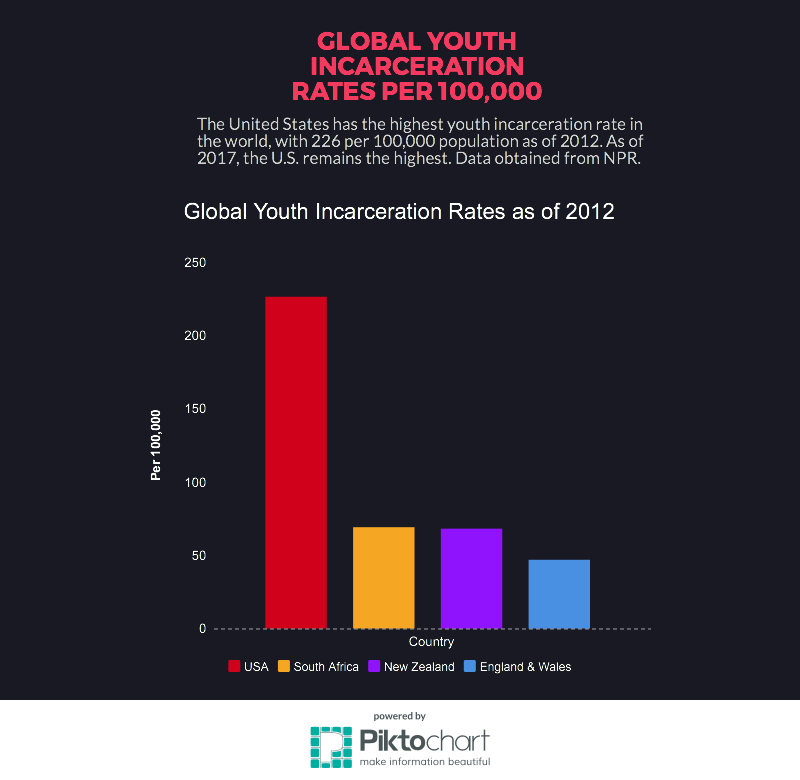
InsideOUT Writers, a Los Angeles-based non-profit organization, is working to solve the high rates of youth incarceration and recidivism in America through creative writing.
According to an article published by The Huffington Post, writing has numerous benefits, including helping people come to terms with past trauma, express their emotions and improve communication skills.
InsideOUT Writers is now taking this philosophy to juvenile halls and jails throughout Los Angeles County. The organization also serves as a support network for formerly incarcerated youth.
Co-founded by Sister Janet Harris, who served as the chaplain at Central Juvenile Hall in downtown Los Angeles, and former Los Angeles Times journalist Duane Noriyuki, IOW holds 39 weekly classes in four different juvenile detention centers.
InsideOUT Writers’ Impact
InsideOUT Writers also provides classes for former students who are now serving time in the adult prison system, and one alum of the program, Jimmy Wu, largely credits IOW for putting him on a path to success.
Sister Janet Harris first introduced Wu to IOW while he was incarcerated at Central Juvenile Hall. He was imprisoned in 1996 at 16 years old and served 13-and-a-half years.

At first, Wu was “absolutely not” interested in writing but over time came to realize its power and therapeutic nature.
“No one is truly excited to be taking a creative writing class when they are first introduced to IOW. These kids are teenagers, so they don’t want to take another class,” Wu said. “When I first heard about the program as a teenager, I wasn’t enjoying traditional schooling at the time, which is why I ended up in [juvenile hall] in the first place.”
Wu agreed to attend a class simply because he wanted to spend more time outside of his room.
“I thought, ‘I have nothing to lose,'” he said. “All I’m doing is sitting in my room for most of the day. At the very least, this class will provide me with something to pass the time.'”
Wu also highly praises Sister Janet Harris for convincing him to become involved with IOW and for believing in all of her students.
“My time there was extremely difficult,” Wu said. “Most of the adults at Central Juvenile Hall were there to punish us, but Sister Janet was a mentor to me, and she was truly there for every one of us kids. She knew that there was far more to us than the crimes we committed or were accused of committing.”
A Support Network
After being released in 2009 and becoming an IOW alum, Wu experienced difficulty finding employment and reconnecting with people who had lived normal lives outside of prison. However, Wu always knew that he wanted to become an advocate for juvenile justice reform, and in 2012, he was hired to be InsideOUT Writers’ new Case Manager.
To learn more about InsideOUT Writers’ work, click on the video below to hear from co-founder Sister Janet Harris, alum Gloria Basulto and teacher Jesse Bliss.
“In most cases, the kids in juvenile hall have been neglected, abused or abandoned. The moment they actually sit in one of our classes and realize that these facilitators are not there for any other reason besides trying to help them, that’s when everything changes,” Wu said. “These kids now have positive adult role models in their lives.”
He was promoted to IOW’s Executive Director earlier this year and is IOW’s first student to become an employee. Wu now oversees the entire organization through his new position. Currently, InsideOUT Writers has 21 members on its board, including filmmakers, writers, lawyers, judges and philanthropists.
Getting Involved
Sarah Moritz, who has served on the board of InsideOUT Writers for three years, emphasized the flood of emotions she felt when she first stepped foot inside of a juvenile facility in Los Angeles. She has visited two with IOW— Central Juvenile Hall and the Barry Nidorf Center.
“The place is bleak and desolate. I was moved to tears during the girls’ writing class as they wrote and then talked about how they missed their moms and were angry at boyfriends who they said got them into trouble,” Moritz wrote in an email interview. “One girl was pregnant. Others had children at home.”
“It was a great experience,” Moritz wrote, referring to her visit. “But, when I was buzzed out, retrieved my drivers’ license, and got to my car, I have never been so happy to get the hell out of anywhere else. I can’t imagine living there as a teenager, away from friends, family, smart phones, good food and school. It was just so sad.”
IOW hosts weekly writing circles that are open to the public every Thursday at 6:30 p.m. at their offices on Vermont Ave. Additionally, adults who are at least 18 years old can apply for internships, adults over the age of 21 can volunteer as teachers and adults over 25 can become mentors.
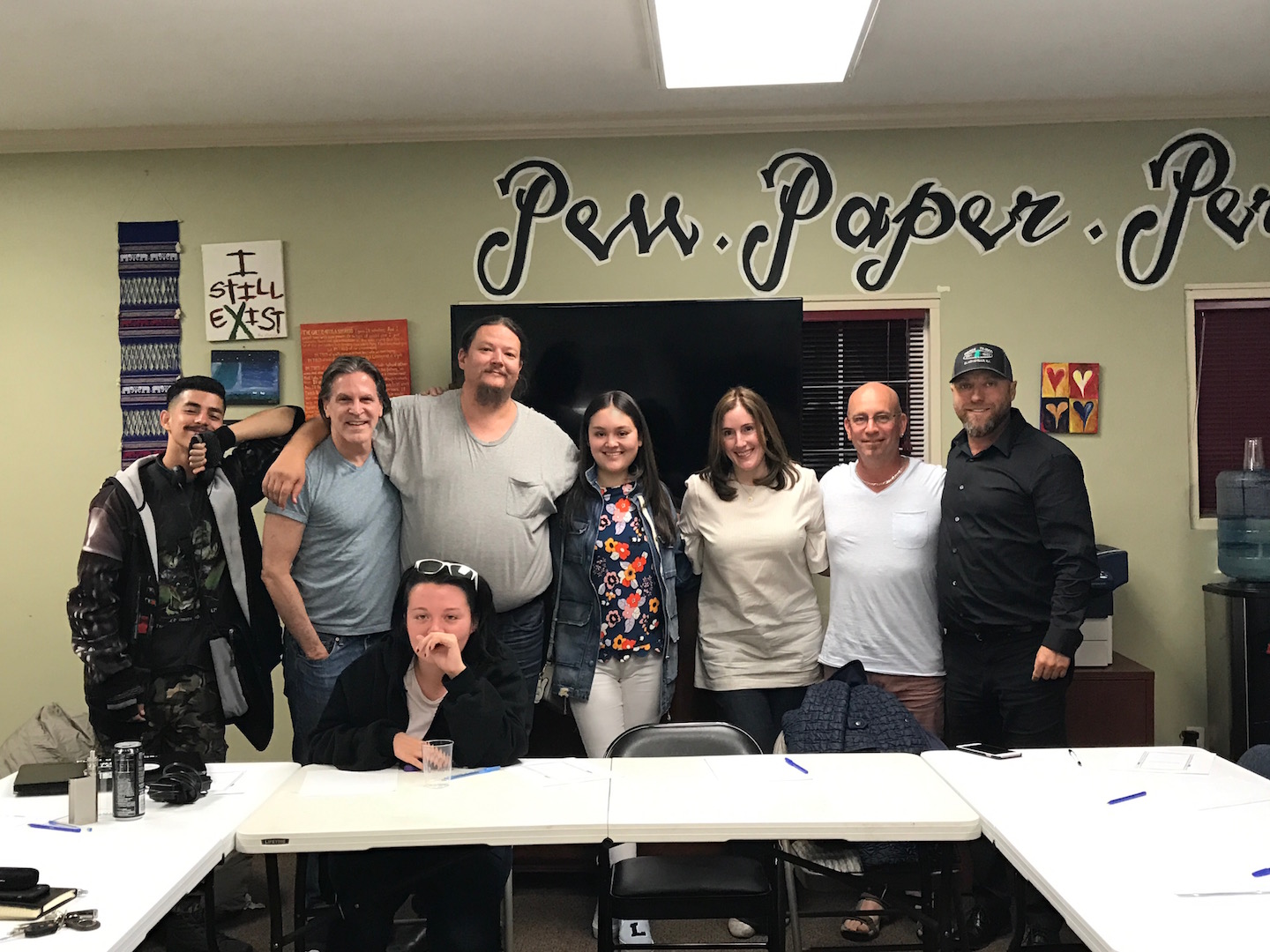
The members of a writing circle in April pose for a picture. The session was led by board member Todd Rubinstein (far right).
There are also numerous ways to make donations directly or help fulfill the organization’s wish list. All of the items go toward strengthening their Writing and Alumni Programs.
“In prison, you can’t express your emotions and talk to other inmates. Prison isn’t a place for that. You have to carry this facade of being an untouchable, unfeeling individual. Part of prison is survival. You don’t want to be considered weak in any way whatsoever,” Wu said.
“Because of this experience, writing was my salvation. It helped me remember who I really was and who I wanted to be.”
Disclosure: The author of this article, Alexandra Chang, personally supports InsideOUT Writers and will continue to be involved with the organization in the future.

Alexandra Chang joined The Oracle as a contributing writer in 2014 and became the Culture Editor in 2016. She was then promoted to Managing Editor as a...





![Freshman Milan Earl and sophomore Lucy Kaplan sit with their grandparents at Archer’s annual Grandparents and Special Friends Day Friday, March 15. The event took place over three 75-minute sessions. “[I hope my grandparents] gain an understanding about what I do, Kaplan said, because I know they ask a lot of questions and can sort of see what I do in school and what the experience is like to be here.](https://archeroracle.org/wp-content/uploads/2024/03/grandparents-day-option-2-1200x800.jpg)











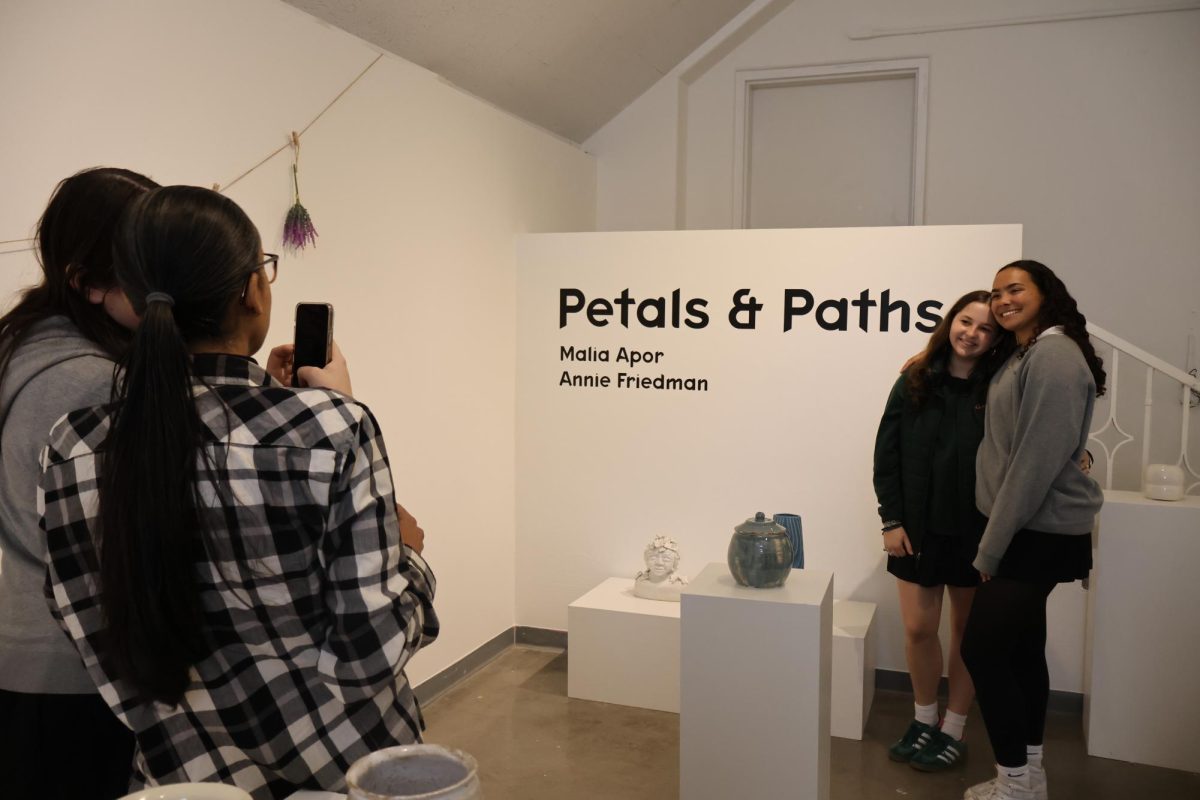

































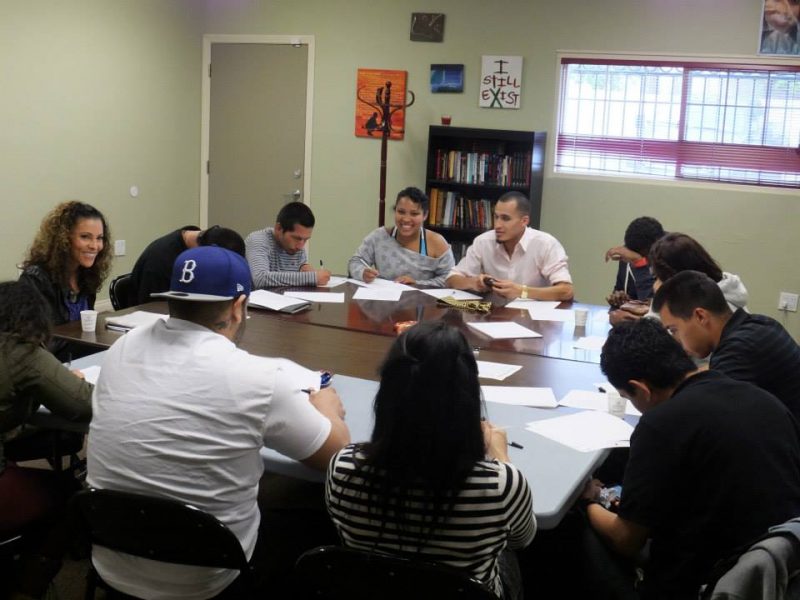
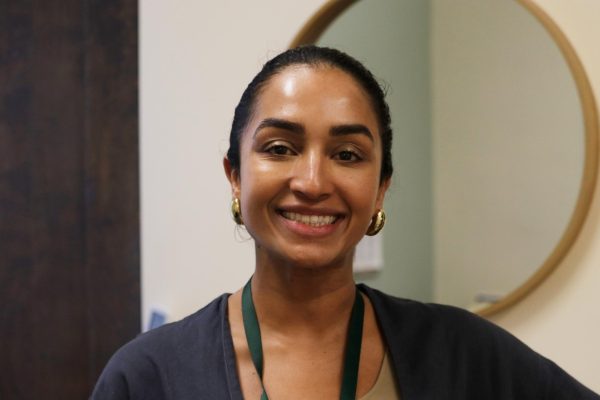
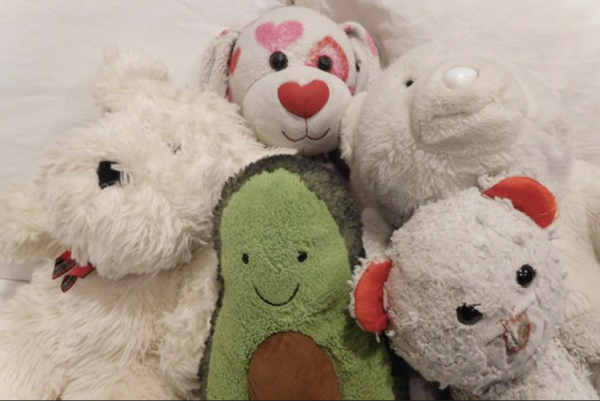





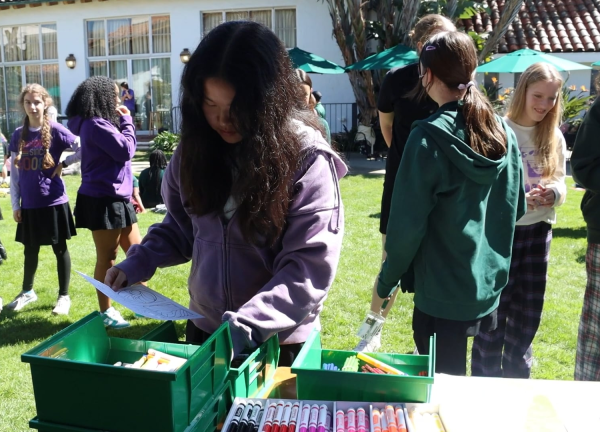
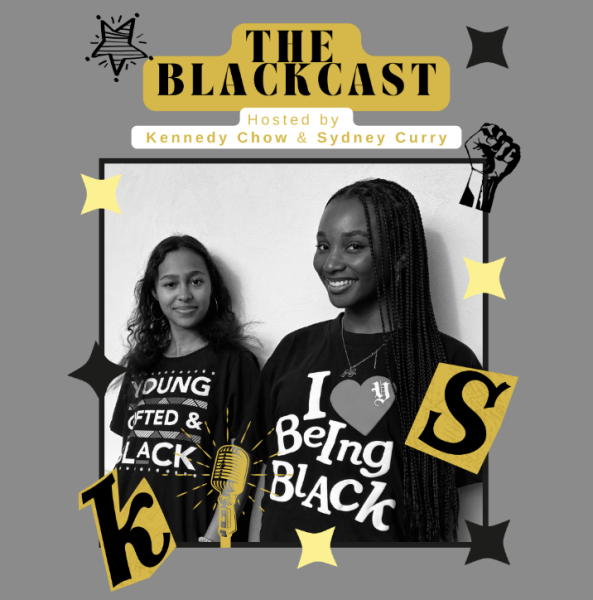
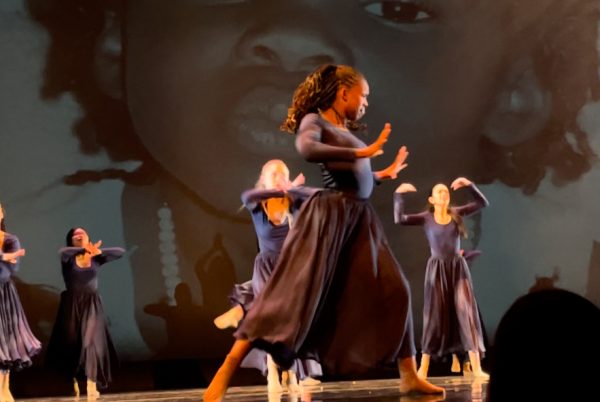
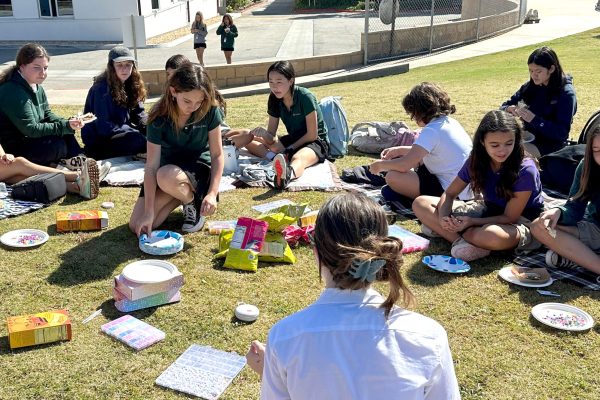


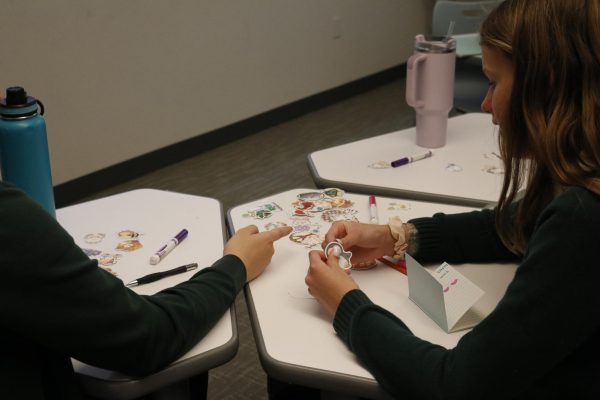

Anna Brodsky • May 6, 2017 at 1:13 am
Fantastic article, Alexandra! Thank you for sharing what this amazing organization does in the LA community 🙂